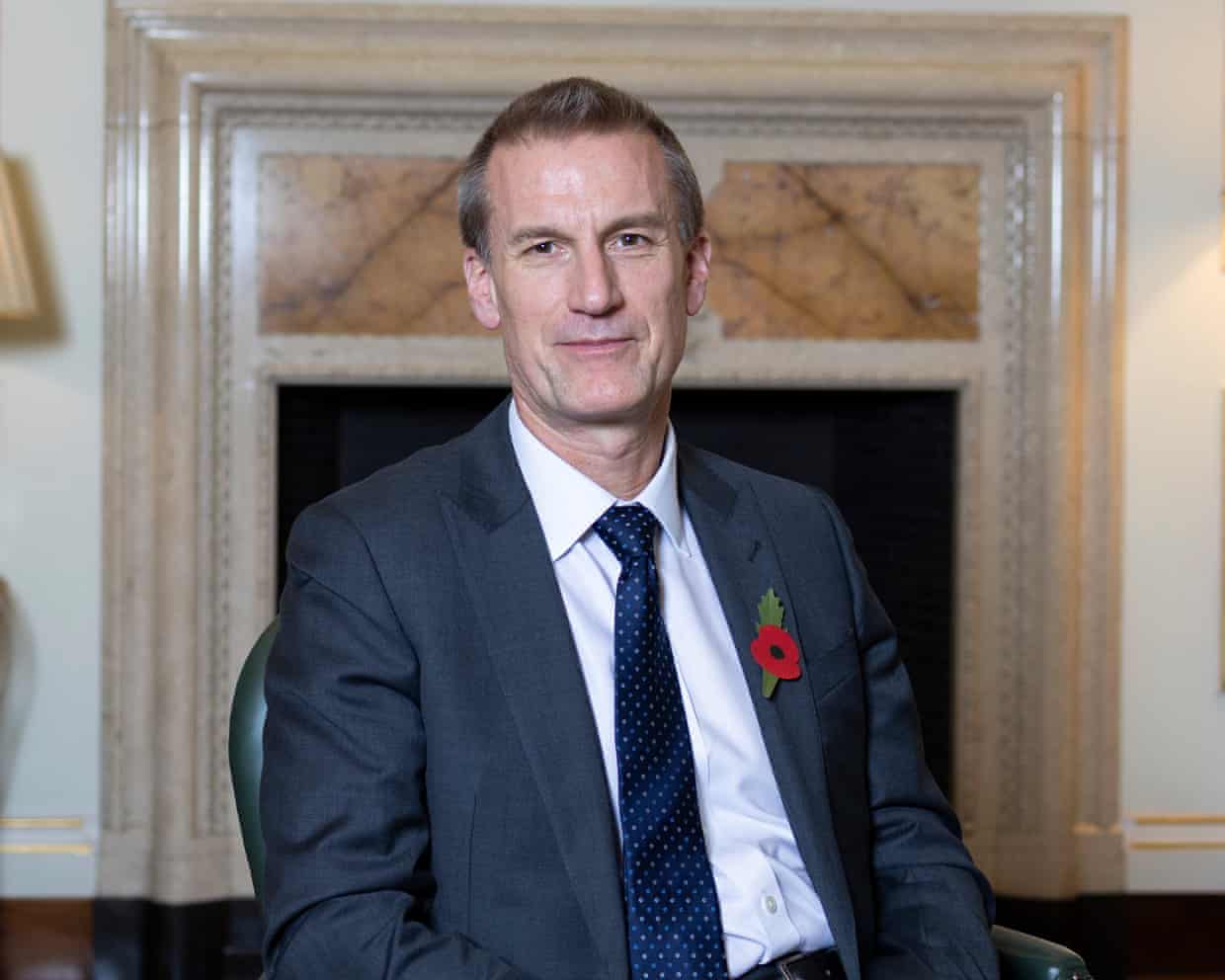AI-powered nimbyism could grind UK planning system to a halt, experts warn

The government’s plan to use artificial intelligence to accelerate planning for new homes may be about to hit an unexpected roadblock: AI-powered nimbyism.A new service called Objector is offering “policy-backed objections in minutes” to people who are upset about planning applications near their homes.It uses generative AI to scan planning applications and check for grounds for objection, ranking these as “high”, “medium” or “low” impact.It then automatically creates objection letters, AI-written speeches to deliver to the planning committees, and even AI-generated videos to “influence councillors”.Kent residents Hannah and Paul George designed the system after estimating they spent hundreds of hours attempting to navigate the planning process when they opposed plans to convert a building near their home into a mosque.
For £45-a-time, they are offering the tool to people who, like them, could not afford a specialist lawyer to help navigate labyrinthine planning laws,They said it would help “everyone have a voice, to level the playing field and make the whole process fairer”,It is a modest enterprise but it is not alone,A similar service, Planningobjection,com, is promoting £99 AI-generated objection letters with the tagline “stop moaning and take action”.
Community campaigners have also encouraged supporters to use ChatGPT to craft objection letters on Facebook, claiming it is like having “a planning solicitor at your fingertips”,One leading planning lawyer warned such AIs could “supercharge nimbyism” and if they became widely used could cause the planning system to “grind to a halt”, with planning officials potentially deluged with submissions,Sebastian Charles said his firm, Aardvark Planning Law, had seen AI-generated objections to planning applications that included references to previous cases and appeal decisions that, when checked by a human lawyer, did not exist,“The danger is decisions are made on the wrong basis,” he said,“Elected members making final decisions could easily believe AI-generated planning speeches made by members of the public, even if they are full of made up case law and regulations.
”Hannah George, a co-founder of Objector, denied the platform was about automating nimbyism.“It’s just about making the planning system fair,” she said.“At the moment, from our experience, it’s not.And with the government on this ‘build, baby, build’ mission, we see that only going one way.”Objector has said while AI-created errors are a concern, it uses two different AI models and cross-checks the results in an effort to reduce the risk of “hallucinations” – a term used to describe when AIs make things up.
The current Objector system is designed to tackle small planning applications, for example, repurposing a local office building or a neighbour’s home extension.A capability to challenge much larger applications, such as a housing estate on greenbelt land, is in development, said George.The Labour government has been promoting AI as one solution to clearing planning backlogs.It recently launched a tool called Extract, which aims to speed up planning processes and help the government carry out its mission to build 1.5m new homes.
But there may be an AI “arms race” developing, said John Myers, the director of the Yimby Alliance, a campaign calling for more homes to be built with the support of local communities.“This will turbocharge objections to planning applications and will lead to people finding obscure reasons [for opposing developments] that they have not found before,” he said.A new dynamic could emerge “where one side tries to deploy AI to accelerate the process, and the other side deploys AI to stop it,” he said.“I don’t see an end to that until we find a way to bring forward developments people want.”The government may already have an AI system that could respond to a rise in AI-generated objections.
It has launched an AI tool called Consult, which analyses responses to public consultations.It did so in the expectation that “widespread adoption of large language models [such as that used by Objector] will likely only increase the number of responses that consultations attract”.Paul Smith, the managing director of Strategic Land Group, a consultancy, this month reported on the rising use of AI by people to oppose planning applications.“AI objections undermine the whole rationale for public consultation,” he wrote in Building magazine.“Local communities, we are told, know their areas best … So, we should ask them what they think.
“But if all local residents are doing is deciding they don’t like the scheme before uploading the application documents to a computer to find out why they don’t like it, is there really any point in asking them at all?”

Growth in global demand for ‘green’ office buildings slows amid Trump policies
The growth in global demand for “green” office buildings has slowed after Donald Trump’s assault on environmental protection policies caused a slump in interest in the US, according to a survey of construction industry professionals.Building occupiers and investors across North America and South America expressed significantly lower growth in demand for green commercial buildings, a shift that “seems to be in response to a change in US policy focus”, according to a survey of members of the Royal Institution of Chartered Surveyors (Rics). Reported demand across the rest of the world also fell, albeit not as sharply.Residential and commercial buildings together accounted for 34% of global carbon emissions in 2023, according to the UN Environment Programme. The majority of those emissions came from heating, cooling and powering buildings, although about a fifth came from construction

US private equity giant poised to take over online retailer The Very Group
The Barclay family is set to lose control of another part of their former business empire with a US private equity firm taking control of online retailer the Very Group.Washington-headquartered Carlyle Group is expected to announce it has taken over the retailer as soon as Monday morning.The change of control will bring to an end more than 20 years under the ownership of the Barclay family, which has been forced to give up a series of businesses – including the Telegraph newspaper, London’s Ritz hotel, and delivery company Yodel – that made them into billionaires, and one of the richest families in Britain.The Very Group’s board, chaired by former Conservative chancellor Nadhim Zahawi, met on Sunday to confirm the change of ownership, according to Sky News, which first reported the move.The Barclay family, led by identical twins David and Frederick, had owned Very since buying it in 2002 – when it was a catalogue retailer known as Littlewoods – for £750m

Last Christmas, you gave us first class: Royal Mail turns Scrooge with gift to staff of second-class stamps
Royal Mail says that it has “delivered Christmas” for more than 500 years, but this year many workers have been left feeling less than festive after the company downgraded a small gift to workers to second class.The postal service, which traces its history back to the appointment of a “master of the posts” by Henry VIII in 1516, has given workers a collection of 50 Christmas stamps to recognise their work over the busiest time of year. In previous years, including in 2024, workers have received a book of 50 or 100 first-class stamps, but that has quietly been switched to second class this year.The downgraded perk has caused bemusement among Royal Mail’s workers. It is the first Christmas since Royal Mail’s parent company, International Distribution Services (IDS), was bought by Czech billionaire Daniel Křetínský

I’m as capitalist as they get but Medicare for all is the best hope for US healthcare | Gene Marks
Deductibles. In-network. Out-of-network. Concierge medical services. Out-of-pocket expenses

UK banks still committed to climate goals, Bank of England executive insists
A Bank of England executive has insisted that UK banks are still showing a “vibrant” commitment to climate goals despite the recent demise of a global net zero target-setting group.David Bailey, the executive director of prudential policy at the Bank’s regulatory arm, the Prudential Regulation Authority (PRA), played down concerns surrounding the fact that significant lenders including HSBC and Barclays had followed their US peers in dropping membership of the UN-backed Net Zero Banking Alliance (NZBA). Those exits led to the closure of the once-lauded NZBA last month.“We’ve been focused on our responsibilities on the financial risks arising from climate change, and firms remain very actively engaged with us on that,” Bailey told the Guardian. Their engagement, he said “remains as vibrant … as it has over the past couple of years”

The bond market is wrong. Reeves should not cut welfare to placate the City | Richard Partington
There are less than three weeks to go. In the lengthy wait for Rachel Reeves’s autumn budget, the chancellor will on Monday get the first verdict on her tax and spending plans from the Office for Budget Responsibility (OBR).After the interminable weeks of speculation, kite flying and bad headlines, this moment matters. Has the widely anticipated fiscal gap of up to £30bn been filled? At what cost for growth, inflation, and living standards?Heading into this moment the chancellor can take some heart. Gilt markets have rallied in recent weeks, bringing down the cost of government borrowing

‘Musk is Tesla and Tesla is Musk’ – why investors are happy to pay him $1tn

How Tesla shareholders put Elon Musk on path to be world’s first trillionaire

Tesla shareholders approve $1tn pay package for Elon Musk

Amazon sues AI startup over browser’s automated shopping and buying feature

Google plans to put datacentres in space to meet demand for AI

LOL: is this the ultimate texting faux pas (and what should you use instead)?